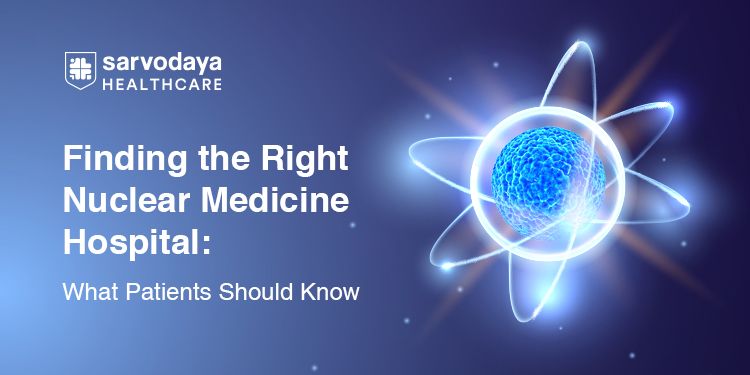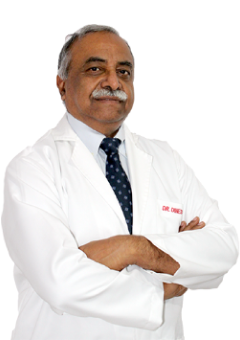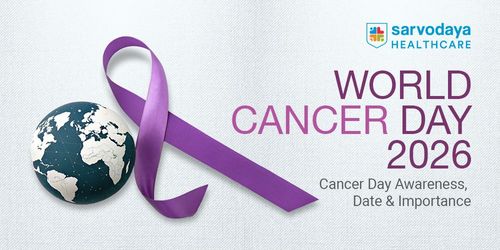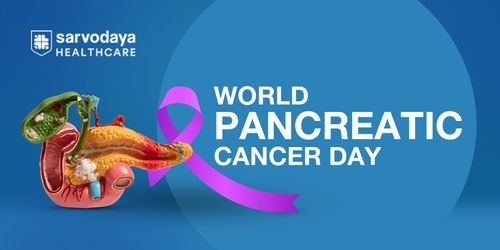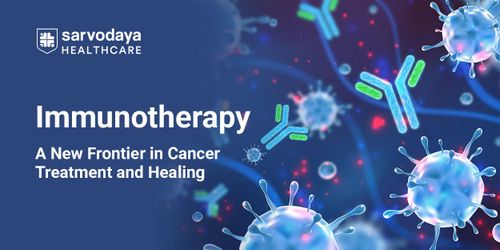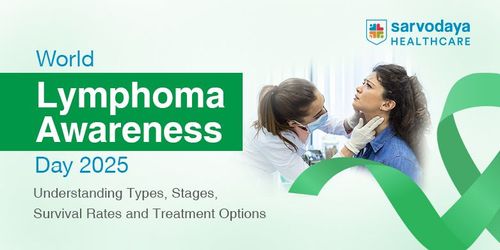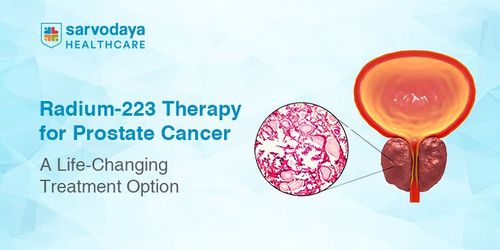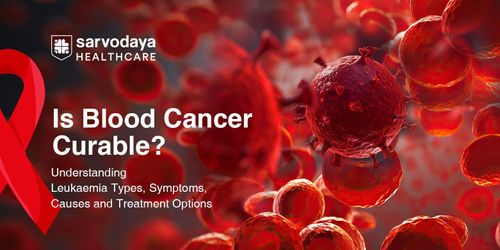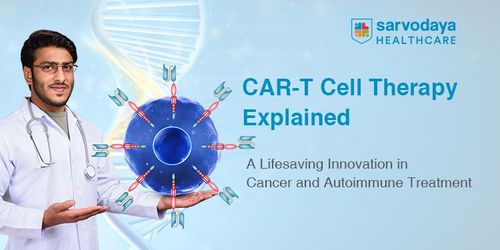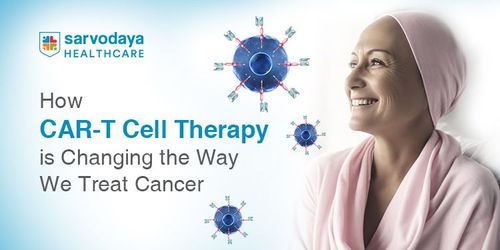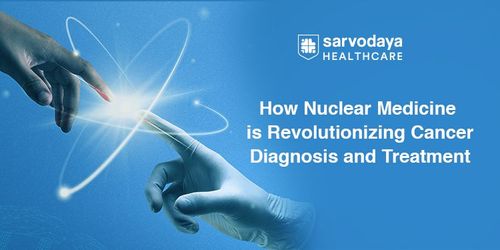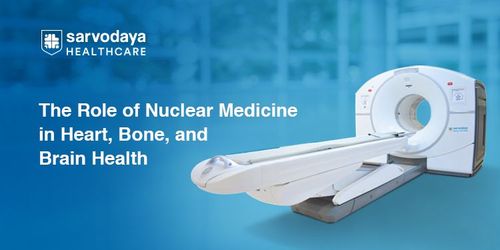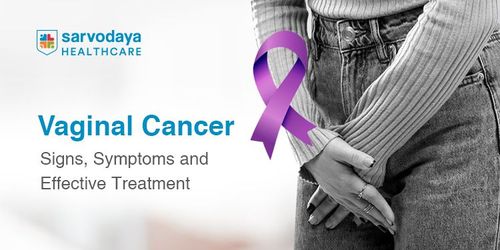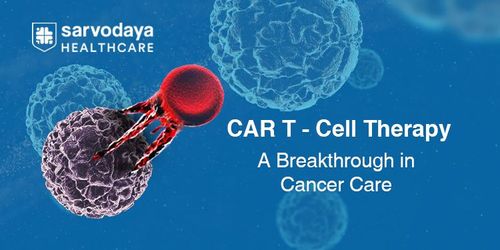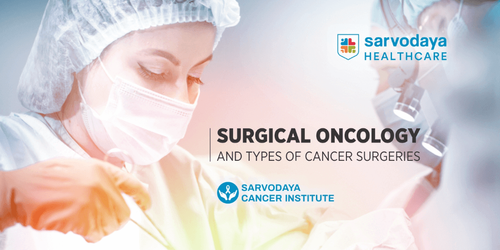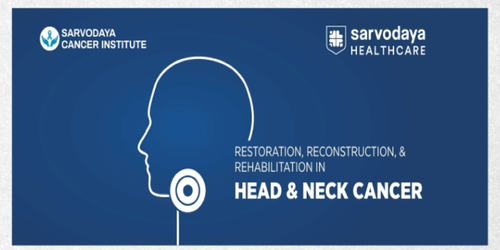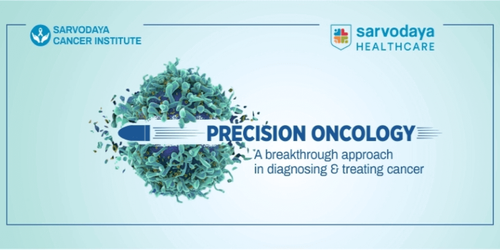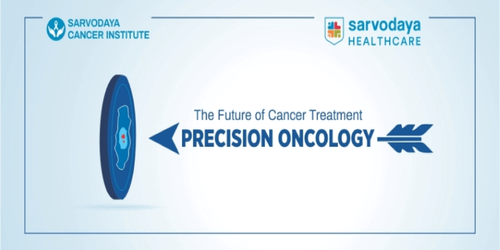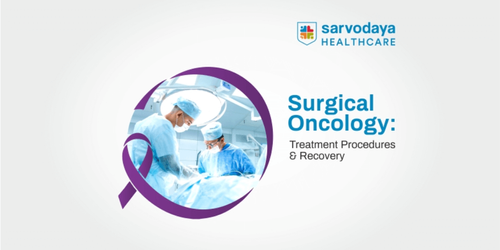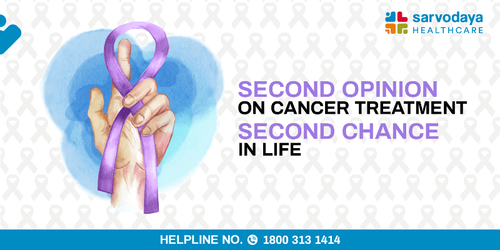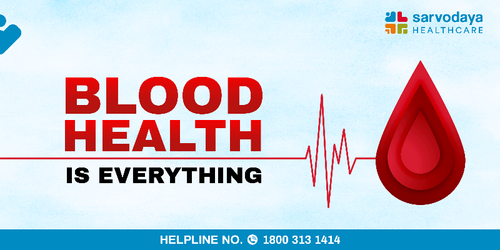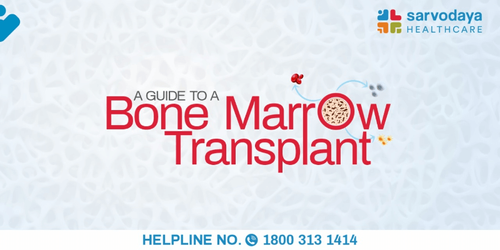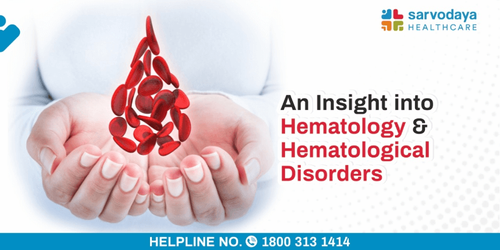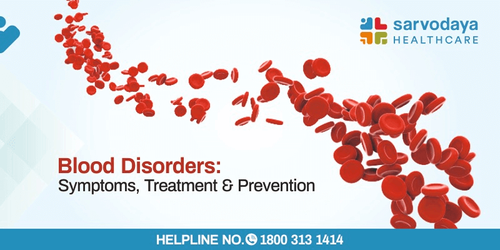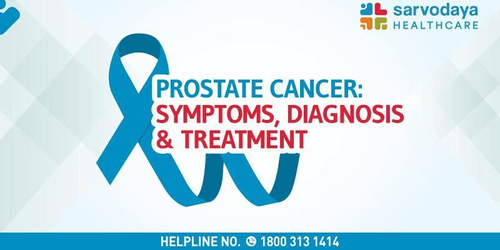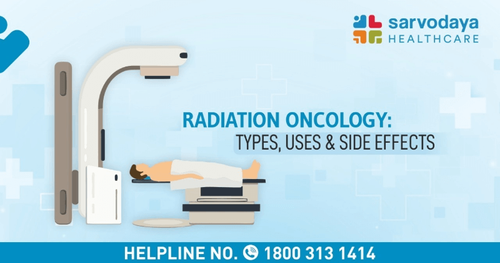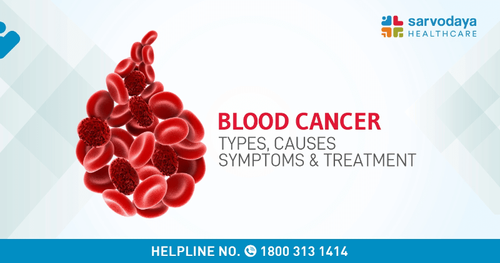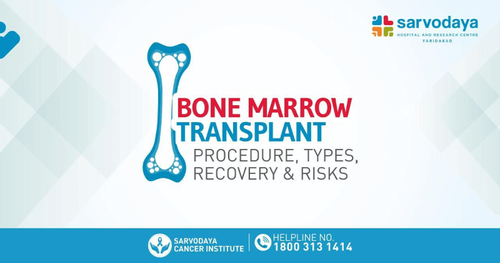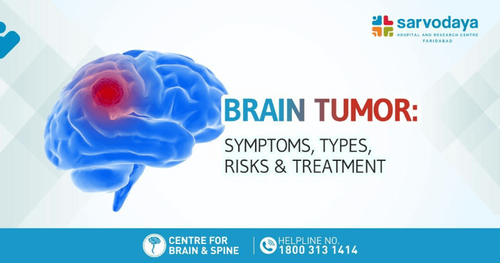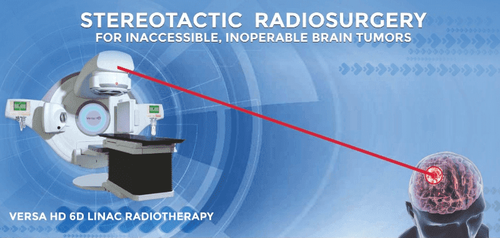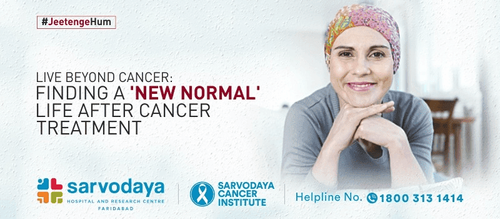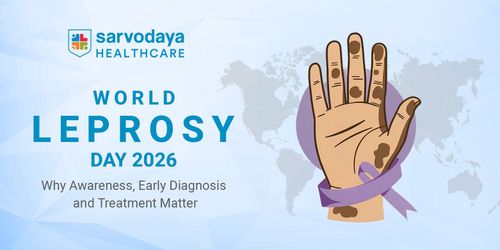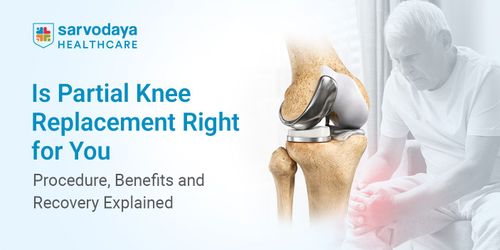This blog covers everything you should know about nuclear medicine, from how it works to what makes a treatment centre truly exceptional.
Understanding the Basics: What Patients Should Know
Nuclear Medicine is the field of medicine in which small amounts of radioactive material are used to diagnose and treat diseases, unlike traditional imaging techniques that show the structure of an organ. Nuclear Medicine provides insights into how your body’s organs and tissues function.By targeting specific cells, nuclear medicine helps physicians detect abnormalities earlier and treat certain conditions more effectively. From detecting heart disease to treating cancers, this field is reshaping how modern medicine approaches diagnosis and therapy. A skilled nuclear medicine doctor plays a key role in interpreting these scans and recommending personalised nuclear medicine treatment options.
Exploring the Different Types of Nuclear Medicine
There are several types of nuclear medicine, each serving a different purpose depending on the patient's condition. These methods can fall into two broad categories: diagnostic and therapeutic uses.Diagnostic applications typically include imaging tests such as PET scans, SPECT scans, and bone scans. These procedures use radioactive tracers to evaluate organ function, detect tumours, and monitor treatment response. On the therapeutic side, nuclear therapy for cancer delivers radioactive substances directly to cancerous tissues, minimising damage to surrounding healthy cells.
What Is Nuclear Medicine Used for?
Nuclear medicine is used to diagnose and treat a range of medical conditions, including heart disease, neurological disorders, and, most notably, various types of cancer. By tracking the behaviour of radioactive tracers in the body, doctors gain crucial insights into how organs function and where abnormalities may lie.One of the most transformative uses is nuclear therapy for cancer, which allows radiation to be delivered directly to cancer cells. This method is especially beneficial for patients who have not responded well to conventional treatments. Whether it’s early detection or advanced therapy, nuclear medicine treatment for cancer provides a more focused and less invasive approach. This advantage makes it a preferred choice for both patients and physicians looking for effective, targeted treatment options.
How Are Nuclear Medicine Scans Done?
Nuclear medicine procedures are generally simple, safe, and painless. A small amount of radioactive tracer is either injected, swallowed, or inhaled, depending on the type of scan. The tracer travels through the body and emits signals captured by specialised cameras to produce detailed images.Most scans require little preparation, though your doctor might advise fasting or avoiding certain medications. Depending on the type of scan, the imaging process can take anywhere from 30 minutes to a few hours. The key to accurate results lies not only in the technology used but also in the expertise of the imaging team. That's why it’s essential to visit the best PET CT scan centre in Faridabad, Delhi NCR, where advanced equipment and experienced professionals ensure precise and timely diagnosis.
Benefits and Risks Associated with Nuclear Medicine
Like any medical procedure, nuclear medicine treatment comes with both advantages and considerations. Understanding these can help patients make confident decisions alongside their healthcare providers. One of the biggest benefits is its ability to detect diseases at an early stage, often before symptoms appear, enabling timely and more effective intervention.That said, nuclear medicine does involve exposure to low levels of radiation. While the risk is minimal and closely regulated, it’s still essential to discuss any concerns with your nuclear medicine doctor. Here is what you should know:
Benefits:
- Early and accurate diagnosis
- Minimally invasive
- Highly targeted cancer therapies
- Quick recovery times
Risks:
- Mild allergic reactions (rare)
- Temporary discomfort at the injection site
- Radiation exposure (low but present)
Selecting the Right Nuclear Medicine Doctor and Facility
Selecting the right specialist and hospital can make all the difference in your treatment journey. A qualified nuclear medicine doctor is trained to interpret imaging results, develop personalised treatment plans, and coordinate care with oncologists and other medical professionals.When evaluating a facility, patients should consider more than just proximity. Look for centres known for offering the best nuclear medicine treatment in Faridabad, with a track record of clinical excellence and patient satisfaction. The availability of the best cancer specialist in Delhi NCR ensures a multidisciplinary approach, where every treatment process follows the latest medical standards.
You should also explore whether the hospital provides a range of therapies, including nuclear medicine treatment for prostate cancer, nuclear therapy for thyroid cancer, and nuclear medicine treatment for breast cancer, as it shows their readiness to handle different medical conditions and their expertise with it.
Conclusion: Empowering Patients with the Right Information
Choosing the right path in cancer care begins with understanding your options. Nuclear medicine treatment is the latest medical treatment with potential that is already helping doctors detect and treat cancers more effectively than ever before.Whether it is nuclear medicine treatment for thyroid or nuclear therapy for thyroid cancer, the quality of your hospital and its team truly matters. That’s why many patients today are turning to trusted institutions like Sarvodaya Hospital, Faridabad. They are renowned for offering the best nuclear medicine treatment in Faridabad, as they combine cutting-edge technology with compassionate care and expertise from the best cancer doctors in Faridabad. Whether you’re starting treatment or seeking a second opinion, a preventive consultation at Sarvodaya can help you take a proactive step toward better health and peace of mind.
As awareness grows and technologies advance, nuclear therapy for cancer continues to provide hope for patients across all stages of illness.


